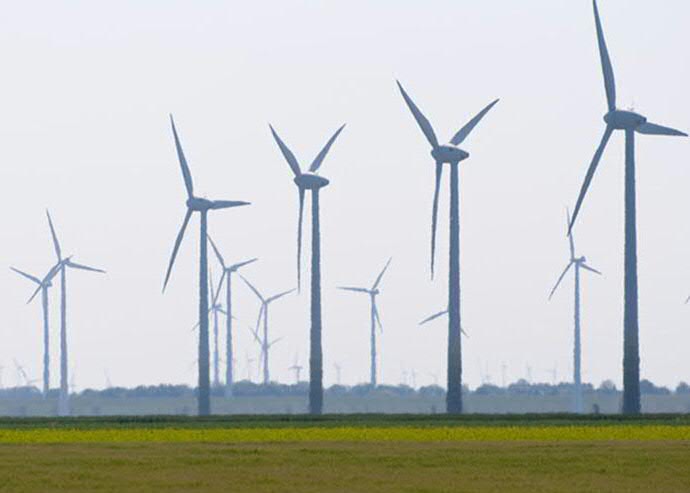University of Groningen researchers present results of Wind Energy Knowledge Plan pilot study

The nuisance experienced by people living near wind turbines not only depends on the actual sound levels, but also on various psychological factors, such as the extent to which people think they have a say in decision-making process and are being taken seriously. It is therefore important to engage all stakeholders at an early stage in the process of developing and implementing wind parks. This may improve the decision-making process because various different opinions and concerns about wind developments can be taken into account. This insight is the result of a pilot study conducted by the Wind Energy Knowledge Platform, to which University of Groningen researchers Dr. Goda Perlaviciute and Prof. Linda Steg have contributed. The result of the pilot study is presented to the House of Representatives and Ministry of Infrastructure and the Environment.
The researchers from the Faculty of Behavioural and Social Sciences collaborated in the project with Aarten Wind Solutions, the Energy Research Centre of the Netherlands, GGD-GHOR Nederland and the National Institute for Public Health and the Environment. The pilot study aimed to map current scientific knowledge about the possible (health) effects of the sound generated by wind turbines. Together with the partners, a dialogue was initiated with relevant stakeholders, including residents living near wind parks, businesses, government bodies, and teaching and research institutes, in order to ensure that different perspectives are represented. Perlaviciute and Steg focused mainly on gathering knowledge of possible nuisance created by wind turbines.
More information
More news
-
20 January 2026
Alcohol, texting, and e-bikes
-
13 January 2026
Lonneke Lenferink joins The Young Academy
-
08 December 2025
Citizen participation essential for a sustainable energy future
